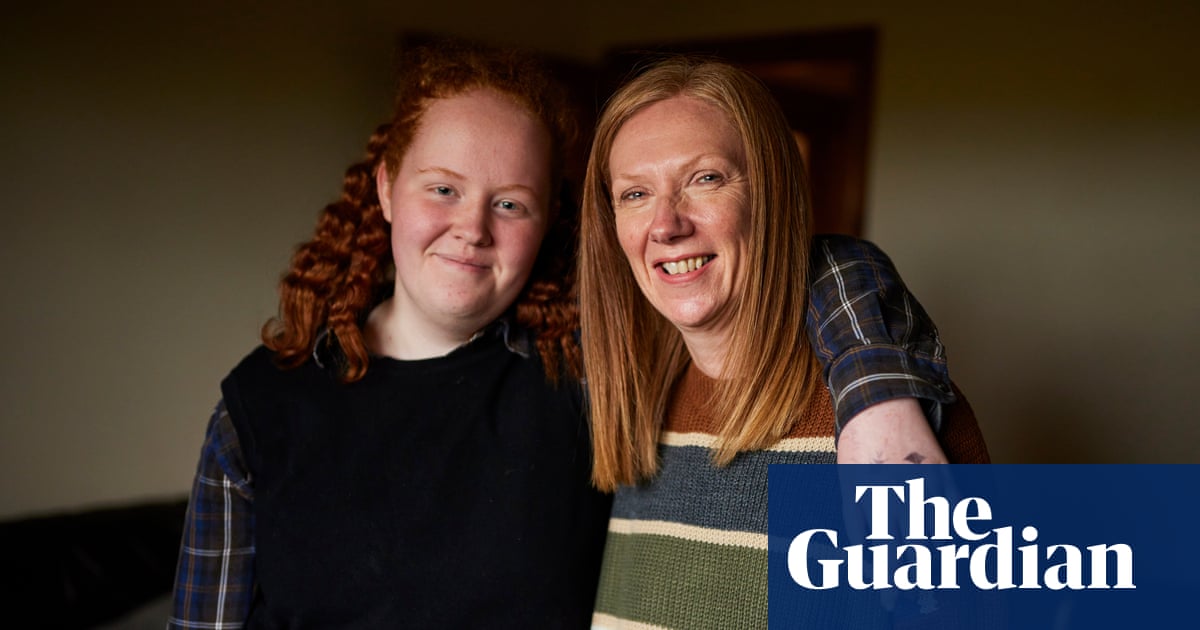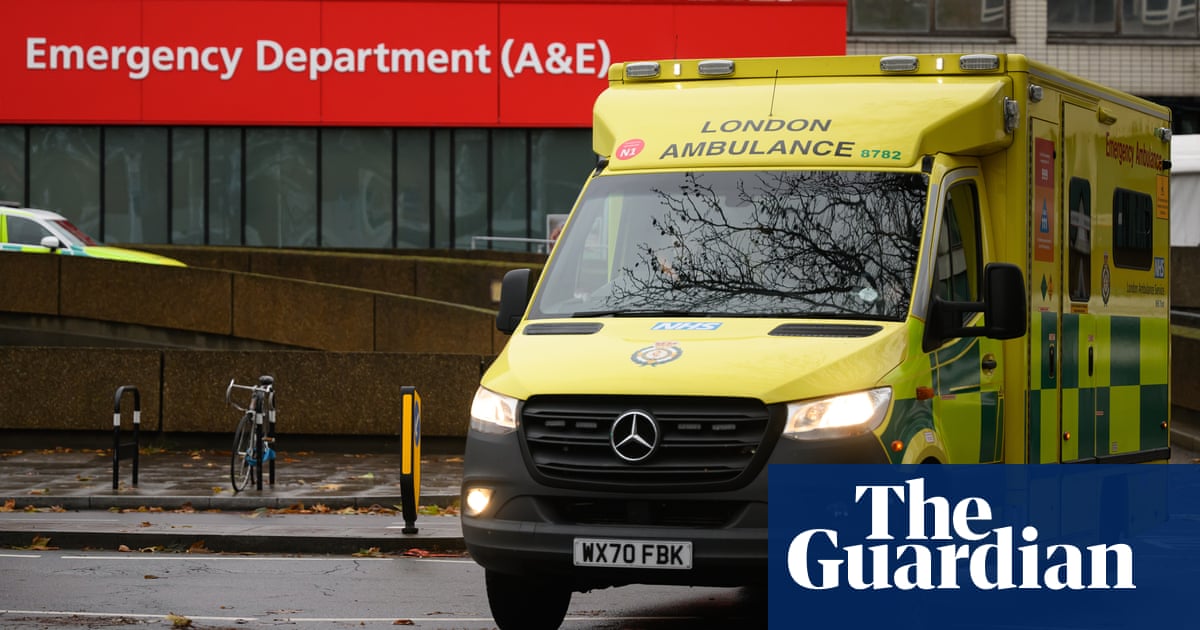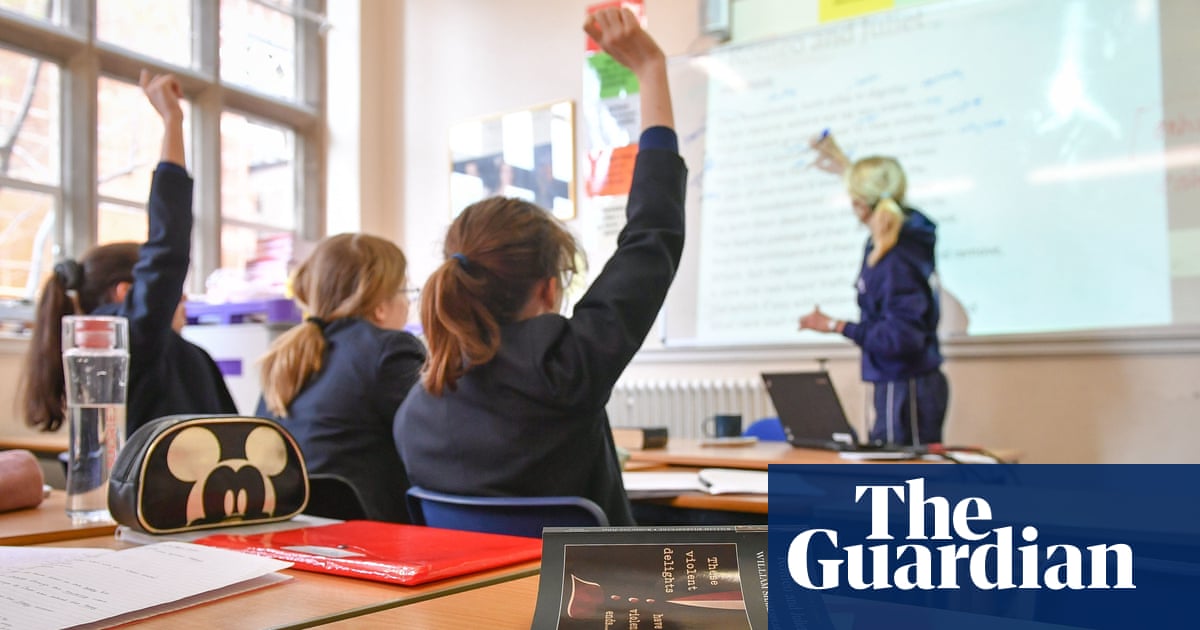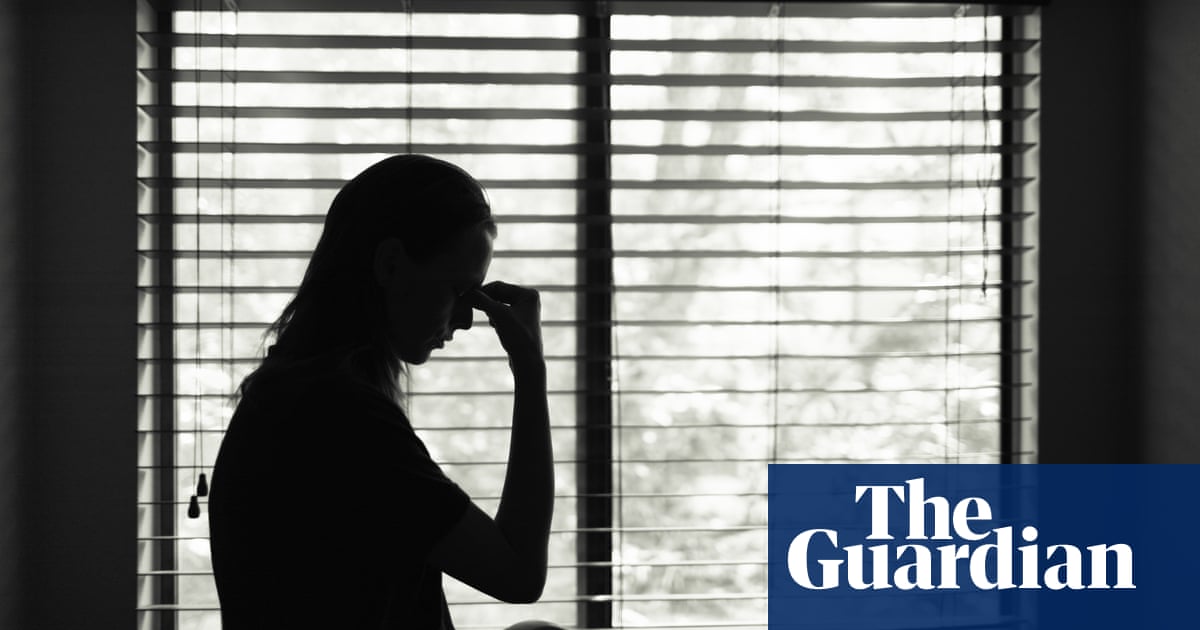
Every pound spent on helping young people access activities and support in the community could save nearly twice as much in dealing with longer-term mental health problems, according to new analysis.
The children’s charity Barnardo’s is urging the government to introduce a national strategy for “social prescribing” for young people in England amid a youth mental health crisis that is placing unprecedented demand on child and adolescent mental health services (Camhs).
Social prescribing refers to non-clinical treatments targeted at children who are experiencing mental health problems such as isolation, anxiety, low mood and low self-esteem, and is aimed at preventing these from deteriorating into more serious conditions.
This could be as simple as encouraging them to get to a local park, for example by providing a bus fare or by building their confidence after a bad experience such as getting stopped and searched. It could involve helping the young person enrol in group activities, creative hobbies or sports, as well as signposting counselling and help with referrals to other health and social care services.
Referrals are made through GPs, teachers and local authorities to a link worker who can match children with local services, coordinate their access by resolving financial, cultural or emotional barriers, and provide emotional support.
Lynn Perry, the chief executive of Barnardo’s, said she had seen through the charity’s work with children and young people that “this can really help to turn their lives around” and prevent a need for clinical NHS services.
“Children and young people are having to wait for months, even years in many cases, to get the help and support they need when they are struggling with their mental health. Their condition often just intensifies while their names sit on long waiting lists,” she said.
“That’s why we’re calling on the government to put the backbones of funding and infrastructure in place to ensure social prescribing is available to all children and young people who need it throughout the country.”
Social prescribing is particularly important for families who feel socially excluded, said Becky Rice, who authored the Barnardo’s report, as well as to combat high levels of anxiety and school absence among children.
“Children and young people have been shut inside due to Covid, isolated from school, family, friends and the community, and now there’s the cost of living situation where families are struggling to afford essentials, let alone after-school clubs. They’ve been isolated from community assets – nature spaces, clubs, activities – which we know is having an impact on health and development,” she said.
Yet the report warns that current models of social prescribing and training for link workers are inconsistent and fragmented across the country, as well as focused on adults, with no dedicated funding streams for children despite their different needs.
Barnardo’s calculated that every £1 spent on social prescribing delivers long-term benefits of about £1.80 in terms of reduced pressure on the mental health services as well as indirect impacts including on antisocial behaviour, A&E hospital presentations, housing problems, children being taken into care and truancy from school.
Since one in five GP appointments are for non-clinical issues, the Open Data Institute estimated that social prescribing could reduce the need for GP appointments by 2.5-3% annually, or 2.8m-3m appointments.
Kathryn Ridley credits social prescribing with saving the life of her child Beth, 14, who received support from the Link service in Penrith after struggling to get help through Camhs for challenges with mental health and gender identity, including isolation, panic attacks, hallucinations, self-harm and suicidal thoughts.
A GP referred the family to a Link worker who developed a trusting relationship with Beth, providing emotional support and helping them get a referral for LGBTQ+ counselling, as well as taking them to the Pride in North Cumbria (PiNC) youth charity. She also helped them secure a part-time timetable with the school, and later obtain an autism diagnosis.
Beth said being taken to PiNC was “a big thing” as it enabled them to meet people who were facing the same challenges, and “it’s not something I would have done on my own”.
Kathryn added: “It’s been an absolute lifeline and early intervention is so important to stop it getting out of hand. It’s such a shame more young people don’t have access to this service, and we’re very lucky in our area. Literally it’s been a lifesaver for Beth, and for us as a family. It was a very difficult time.”
Beth is now going back to school, where they are doing well academically and have taken up dancing classes and joined an after-school drama club.
Kathryn said: “We’ve gone from a point where Beth didn’t want tomorrow to come to now having all these hopes and dreams and enthusiasm. Every day is not rosy, there’s still ups and downs, but Beth’s been given the right tools to deal with that.”
The Department of Health and Social Care said: “Social prescribing can be an empowering and potentially life-changing intervention for those that need it, and has a key role to play in cutting waiting lists – one of the government’s five priorities.
“Over 2.3m referrals have been made to social prescribing services – more than double our target – while the NHS has recruited 3,475 social prescribing link workers to put people in touch with social prescribing services that will support their health and wellbeing.”












